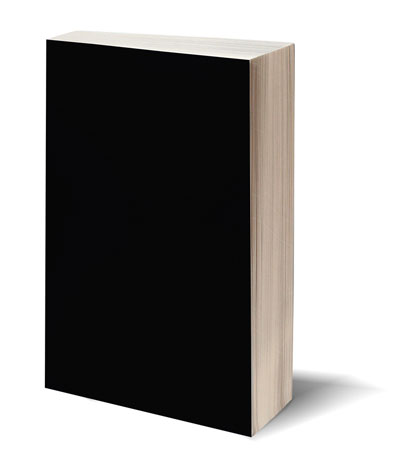Michael Sean Quinn, Ph.D, J.D., Etc.
Words To Be Avoided
Now and then I have written on language, sayings, and wording to be avoided by lawyers most of the time.. These disquisitions have been short-ish, but several times the notes have been grouped together. That was a bad idea, even though some readers–all lawyers, I’m sure–have found the blogs themselves interesting and even valuable. Henceforth, I will try to shorten t he blogs themselves and see what happens. I hope that they will be like short newspaper pieces, the find one never finds in either the NYT or the WSJ. If I really succeed, they will like rather extended tweets–well, maybe not that short.
*********************************************************************************
When many of us use the word “due,” we are suggesting that someone deserves the word or words come after. The foundation of that statement may be because of achievement or accomplishment; sometimes its because of position; sometimes its because of a promise; sometimes and sometimes is derives from the nature; that is, the nature of the entity entitled to what is due. (And maybe there are a few more. They will all fit into the categories of this blog.
For lawyers, the problem has to do with using the phrase “due respect.” It is often used when addressing judges. Here a couple of examples:
“With all due respect, your honor, I ask you to reconsider you position.
“With all due respect, to the court of appeals, I think it has this one wrong.”
A statement to a judge using the locution “with all due respect” is clearly in only one category. That one is not achievement, an idea that has nothing to do with a given argument. It is not promise because the lawyers involved in the argument have made no such promise to the judge; the law requires them to behave receptively toward judges, but that has to do with rules of procedure and social stability, and not the desert of an individual judge. A particular judge may not be entitled to any respect at all, but lawyers have to fake it under the applicable rules of conduct. It has nothing to do with the nature of a judge as a human being and a citizen; that’s where we get the idea of of “due process of law,” and that idea does not fit here.
The only one left is position. The underlying idea is this: the judge has a higher position that the lawyers before him, so they have to sound deferential, even if that think that the judge is an “idiot,” as contemporary parlance formulates the attitude.
When one says to a judge a sentence with the phrase “with all due respect,” one is essentially saying “You ‘ve got that wrong, so let me try and explain it again,” or is saying, “The court of appeals fucked that up, and so did some other cases, now its your chance to get it right.”
All judges know, whether explicitly, implicitly, or by intuition, that “with all due respect,” is a dodge that is almost certainly to be recognized for what it is. That cannot be in the interest of the lawyer. It is disdainful. It It is a very subtle form a condescension, as in “I have to look like I am respecting you because of you power.”
There are many ways to avoid this problem. What about one of these:
“Perhaps one could look at it this way. . . .”
“Here’s another way to argue this point, your Honor. . . .”
“There’s another way to put this argument, let me try it this way. . . .”
“Your Honor, I don’t think I’m doing a very good job explaining this idea [or setting this view convincingly]. Here’s another way for me to set the argument forth. . . .”
Notice there is not concealed suggestion that the judge is actually a dunce, and if only he would think better, s/he would avoid the brier patch or the thistles growing up around it. The last of the alternatives may be the best; it is certainly the most invitingly humble.





Recent Comments